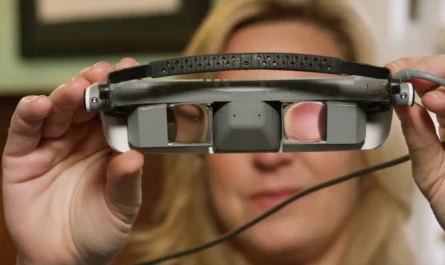In a groundbreaking discovery, researchers have found that incorporating waste coffee grounds into concrete can make it 30% stronger. This innovative approach not only enhances the material properties of concrete but also provides a sustainable solution for the abundant organic waste generated in coffee preparation. Traditionally, coffee grounds end up in landfills, but now, researchers from RMIT University have found a practical way to give coffee waste a new life by using it in construction.
The inspiration behind this research was to find an environmentally friendly method of repurposing coffee waste instead of sending it to landfills, explained Rajeev Roychand, the study’s lead author. Due to their fine particle size, spent coffee grounds (SCG) have been identified as a potential ingredient in civil and construction applications. To test this theory, the researchers collected SCG from various cafés in Melbourne, Australia, and dried them to remove moisture. The dried organic material was then heated at temperatures of 350 °C or 500 °C to create biochar using a low-energy, oxygen-free process called pyrolysis.
The researchers conducted a series of tests using twelve different mix designs to compare the effects of SCG at different temperatures on the mechanical and microstructural behavior of concrete. The SCGs were incorporated into ordinary Portland cement at varying volumes, replacing fine aggregate (natural sand) at percentages of 0%, 5%, 10%, 15%, and 20%. The freshly poured concrete was cured and then tested for compressive strength using X-ray diffraction and scanning electron microscopy.
The results of the study revealed that the concrete composite with 15% of SCG pyrolyzed at 350 °C exhibited a significant improvement in compressive strength, with a 29.3% enhancement compared to the control group. These findings offer promising implications for the construction industry worldwide, given the widespread availability of coffee waste.
Co-lead author, Shannon Kilmartin-Lynch, highlighted the potential of the concrete industry to contribute to the recycling of organic waste such as coffee grounds. By using this innovative approach, the amount of organic waste that ends up in landfills could be greatly reduced. Additionally, this technique addresses the issue of depleting natural resources, as the extraction of sand and gravel for construction purposes has a significant impact on the environment. With a circular economy approach, the use of coffee waste in concrete not only diverts organic waste from landfills but also helps preserve valuable resources like sand.
Although the research is still in its early stages, the promising results have paved the way for further investigation into the long-term mechanical and durability tests of coffee biochar. The researchers will also explore the effect of different pyrolyzing temperatures on the material’s performance.
In conclusion, by harnessing the strength-boosting properties of waste coffee grounds, the construction industry has the potential to create more sustainable and durable concrete. This innovative approach not only reduces the reliance on natural resources but also contributes to the goal of achieving a greener and more circular economy.
*Note:
1. Source: Coherent Market Insights, Public sources, Desk research
2. We have leveraged AI tools to mine information and compile it




